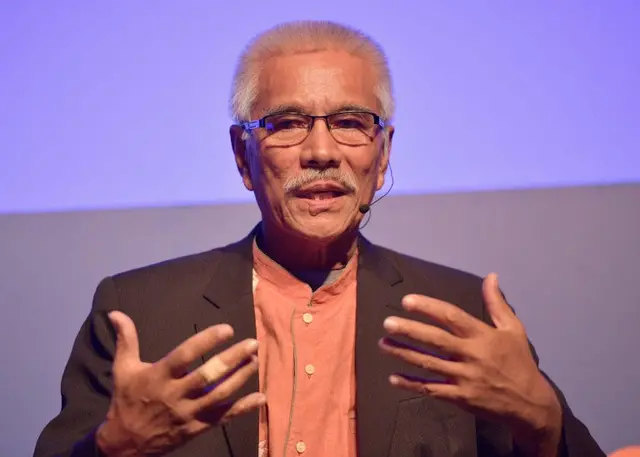By APD Writer Li Zixin
On July 24, Turkish President Erdogan finished his short trip of mediation among Gulf countries. It has been two months since the crisis beginning between Qatar and its Gulf’s brothers. Countries of the Region confront each other with daggers.
At the same time, main powers either try to make peace or stir up troubles. The politicians with important influence in the international community are traversing in the Gulf area. The main purpose of Erdogan’s trip is to promote the peace, which reflects the importance of Turkey in this region.
Erdogan met the leaders of Saudi Arabia, Kuwait, and Qatar. Counter-terrorism and realizing the reconciliation are the main topics, which not only include the desire of seeking common ground while reserving differences, but also swearing the policy stance held by Turkey in the aspects of Iran issues, counter-terrorism and Turkey’s military presence in this region.
It seems that the “Blame” carried out by Saudi Arabia and other countries to Qatar are aimed at its Iranian policy.
However, it is actually an outbreak of discontent by Saudi Arabia since the Arab Spring due to a series of geopolitical decisions made by Qatar that are contrary to the interests of Saudi Arabia and other regional countries. Rome wasn't built in a day.
There is a huge gap of recognition and interest between the two sides in dealing with regional fundamentalism organizations, rebel groups, Iran and many other aspects.
As small as Qatar, it often plays a key role in regional politics because of its rich oil resource, as well as close military ties with the United States. It is worth mentioning that the Al-Jazeera based in Qatar is by far the most influential Arabian media in the world.
The Qatari government, through its Al-Jazeera, exerts its influence on the views of the region and the world on the situation of the Middle East, which put a strong pressure to Saudi Arabia and other countries.
Relying on the US alliance system in the Middle East, the influence of the United States on most of the Middle East countries is incomparable with the rest of the external forces.
It is hard for main powers to promote the settlement of the problem since no power could protect the interest of the related parties from the security, geopolitics, economy and other aspects. Notwithstanding, main powers fully understand it but are never tired of the mediation, the main purposes of which is, on the one hand, to enhance their influence in the region through mediation and on the other hand to maintain their own interests effectively in the new geopolitical pattern.
In fact, one of the "diplomatic conditions" offered by Saudi Arabia and other four countries to Qatar's is the "closure of Turkey’s military base in its territory". Therefore Turkey is one of the parties involved in this dispute, instead of a neutral outsider.
In this regard, from the beginning of the storm, Turkey had already lost the possibility to "mediate" as a neutral party.
It is reported that Erdogan had discussed with Saudi King Salman and Crown Prince Mohammed on the efforts to combat the regional terrorism organizations, however they didn’t reveal the details of the results to the public, which may imply some disparities between both parties.
Notwithstanding, enhancing communication is better than the isolation. The communication between Turkey and Saudi Arabia may avoid strategic misjudgment, which is beneficial for the regional stability.
The Qatar's "diplomatic storm" is only the tip of the iceberg of the mutual suspicion and geographical competition among the countries in the region.
It’s still a long way to completely settle the disputes.
Mr. Zixin Li has been associated with China Institute of International Studies since 2014. He currently serves as a Research Assistant, focusing on American foreign policy in the Middle East, counter-terrorism issues, international security, and China’s “One Belt and One Road” strategy.
(ASIA PACIFIC DAILY)
 简体中文
简体中文

